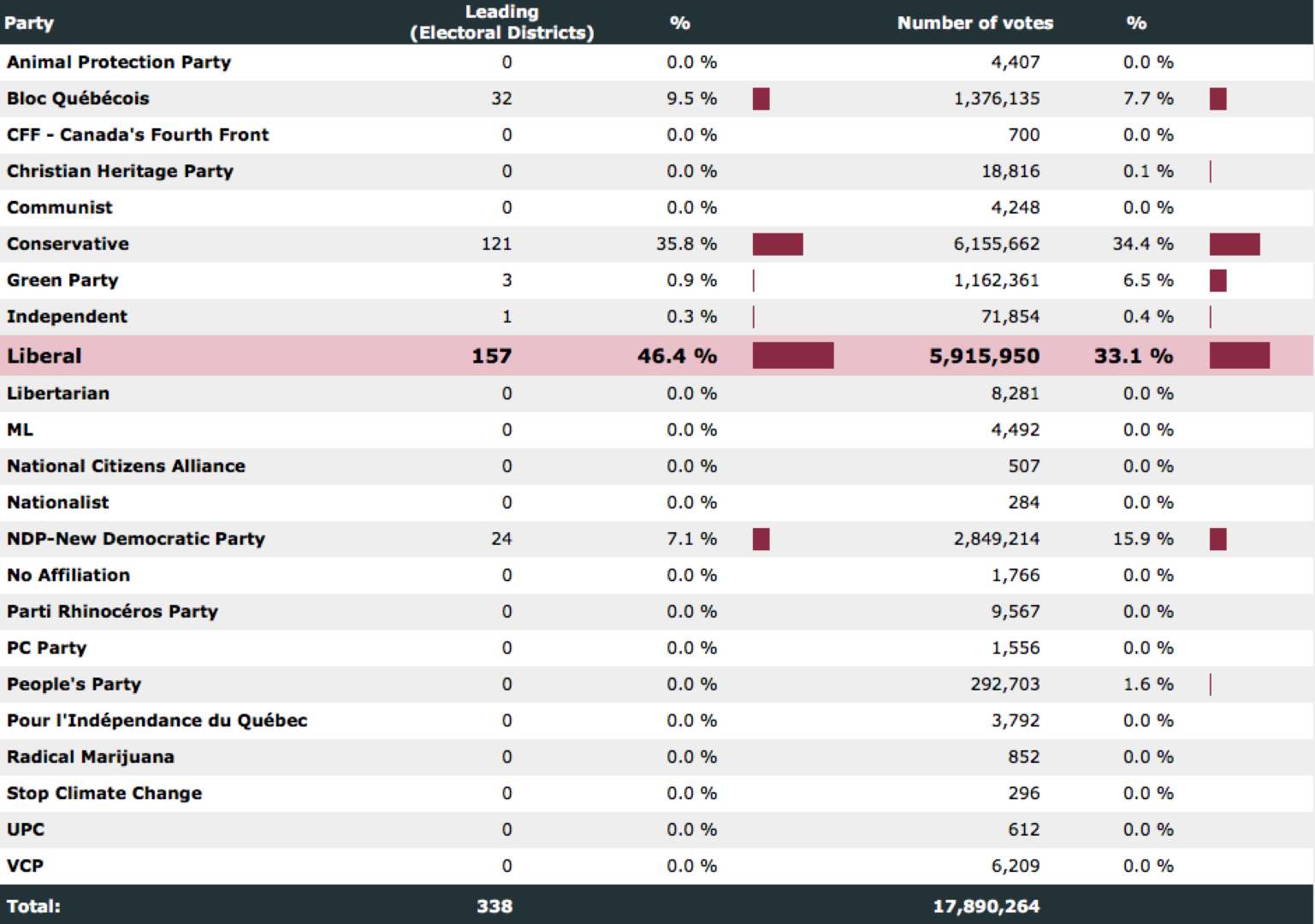
Three reasons why running under a political party increases the chance of being elected
By EG Manilag, Staff Writer
“If you want to go fast, go alone. If you want to go far, go together.” In a political sense, this African proverb tells us that working together helps us achieve the common good, which is the ultimate end purpose of democracy. Although, in practice, working together does not necessarily lead to democracy for many practical reasons. One of which is that it undermines other ideas that could be useful; this usually happens because most parties already have structured agendas ready to be enacted by their chosen candidate, who will later display those agendas to the political community, if elected. This is a common strategy that more often than not leads to long term success. Most democratic societies only have two successful competing political parties that have been dominating the political spheres, usually liberals versus conservatives. Standing against them independently is simply not plausible compared to joining them; this statement is in direct reference to another old proverb: “If you can’t beat them, join them.” Here, I propose three reasons why it is better to run under a political party: established names and recognition, organizational assistance and political backing.
According to Elections Canada’s website, those who ran with no affiliation during the 2019 Federal Election gained roughly 1766 votes overall, in comparison, the two leading parties -the Liberal party and the Conservative party- almost garnered 70 percent of the total voters; a whopping total of 12,071,612 (5,915,950 for the liberals and 6,155,662 for the conservatives). Running under a political name is far better than running under no party. Furthermore, running under a political party guarantees your popularity, especially if it’s one of the two most popular parties. With all the connections they have, it’s pretty impossible to be unknown—this is quite the opposite for independent candidates.
Running under a political party does not necessarily mean your ideas will be compromised, more likely it will help you grow intellectually and socially. The group can give you a wider perspective on the issues and solutions that you will need to address; thus widening your horizons and helping you to see those areas in politics collectively and effectively—usually through debates. In short, running under a political party will help you grow intellectually and socially.
Although this seems a bit mainstream, this thought is one of the main reasons why voters stick to party lines: to back their favoured political party leader. When one has decided who their president or prime minister is, one would likely commit his or her vote to the rest of the chosen candidate’s party members. This notion is consistent with Max Weber’s term, charismatic authority, that is, authority based on personal qualities. An example of said authority would be Prime Minister Trudeau’s unique charisma and popularity during the 2015 Federal Election that greatly helped him and his party win a substantial 184 seats, forming a majority government. A political party leader’s popularity will often be reflected or gifted to their party members, making their campaigns much easier and effective; the more popular the leader, the more chances of being elected.

